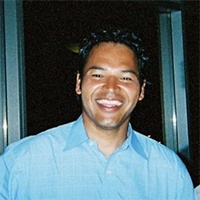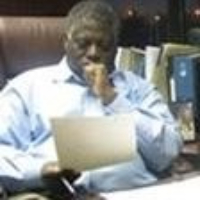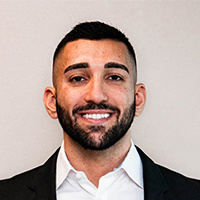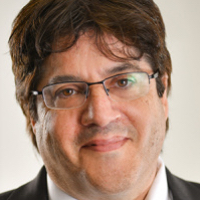Lakeville Criminal Lawyer, Minnesota
Sponsored Law Firm
-
 x
x

Click For More Info:
-
Morris Law Group PA
7380 France Ave S. Suite 250 Edina, MN 55435» view mapCriminal Defense Law We Are Experts In What We Do
Whether it’s your home or business, you are important to us. Reach out today to set up a meeting with one of our experienced Edina lawyers.
800-872-9610
Lance R Heisler
✓ VERIFIEDLance R Heisler is a practicing lawyer in the state of Minnesota handling bankruptcy matters.
Jonathan Kim Reppe
✓ VERIFIEDMr. Reppe developed a passion for helping individuals with their legal problems while working as a public defender early in his career. He moved on to... (more)
Vincent Martin
✓ VERIFIEDVincent P. Martin heads the Immigration Practice Group at Martin Law. As an immigrant himself, he has a personal appreciation for both the benefits of... (more)
Nixon Odiaua Ayeni
✓ VERIFIEDProudly serving Minneapolis taking criminal, accident & injury, divorce, and family law cases.
Omeed Esmil Berenjian
Omeed Berenjian is the co-founder of BK Law Group as well as a dedicated attorney for the firm. With more than twelve years of experience, Omeed helps... (more)
Rich Hechter
✓ VERIFIEDRichard Hechter is a family law, personal injury, and medical malpractice attorney for Morris Law Group. RIch is an accomplished and skilled litigator... (more)
FREE CONSULTATION
CONTACTFREE CONSULTATION
CONTACT Richard Morris Edina, MN
Richard Morris Edina, MN Practice AreasExpertise
Practice AreasExpertise






